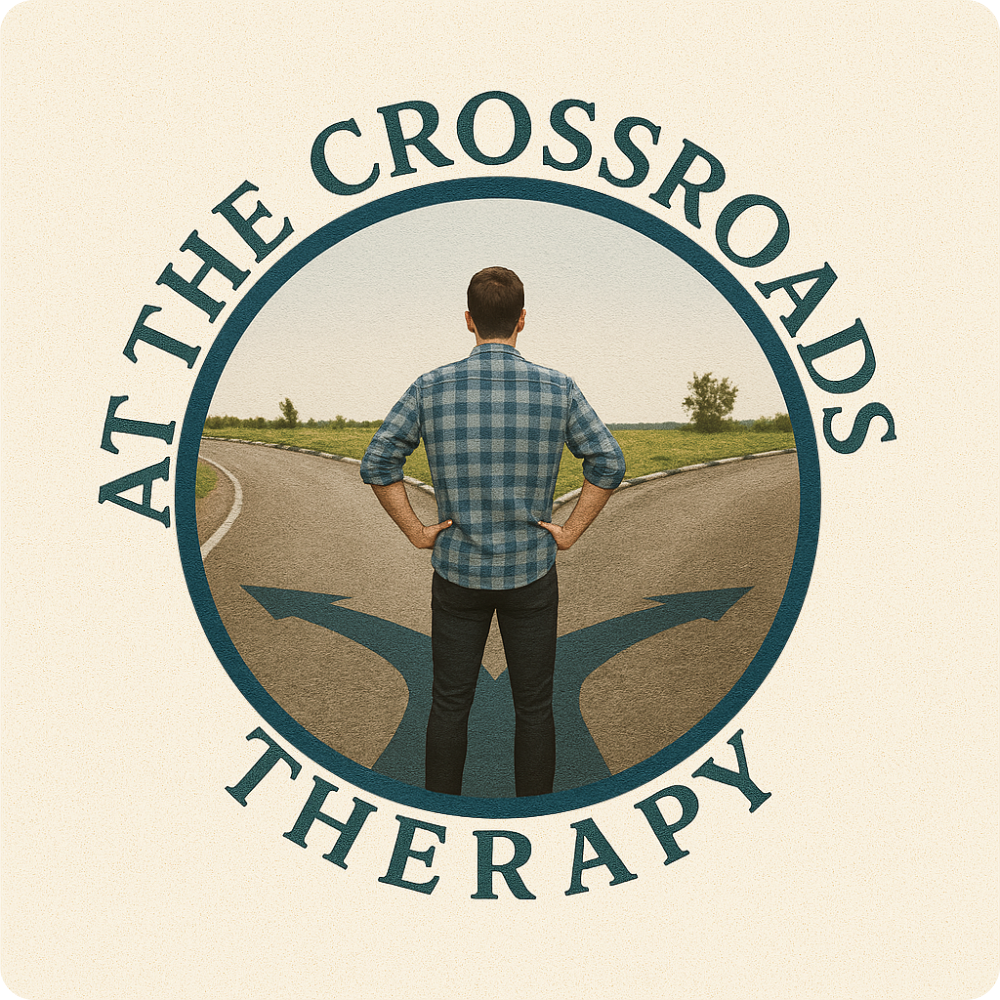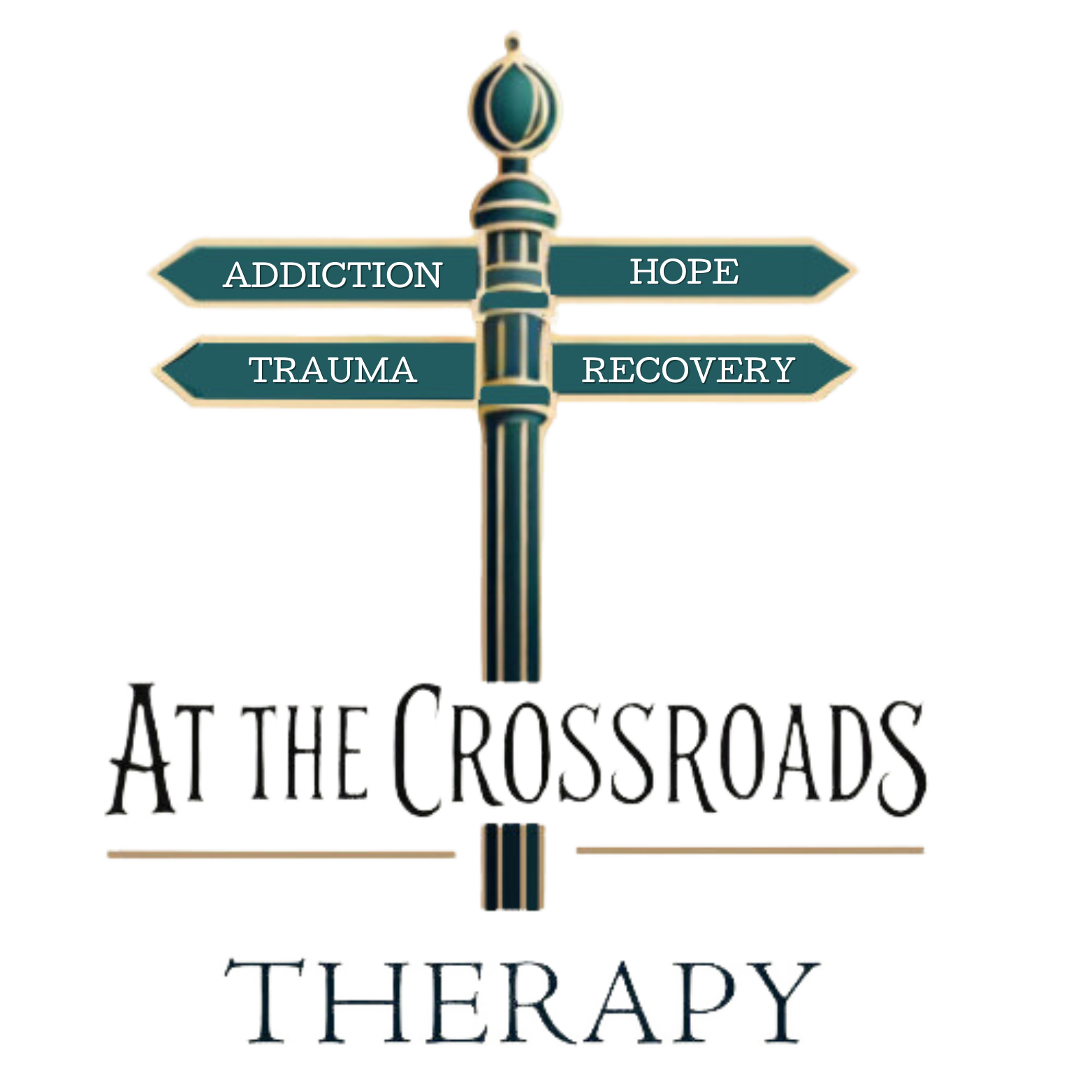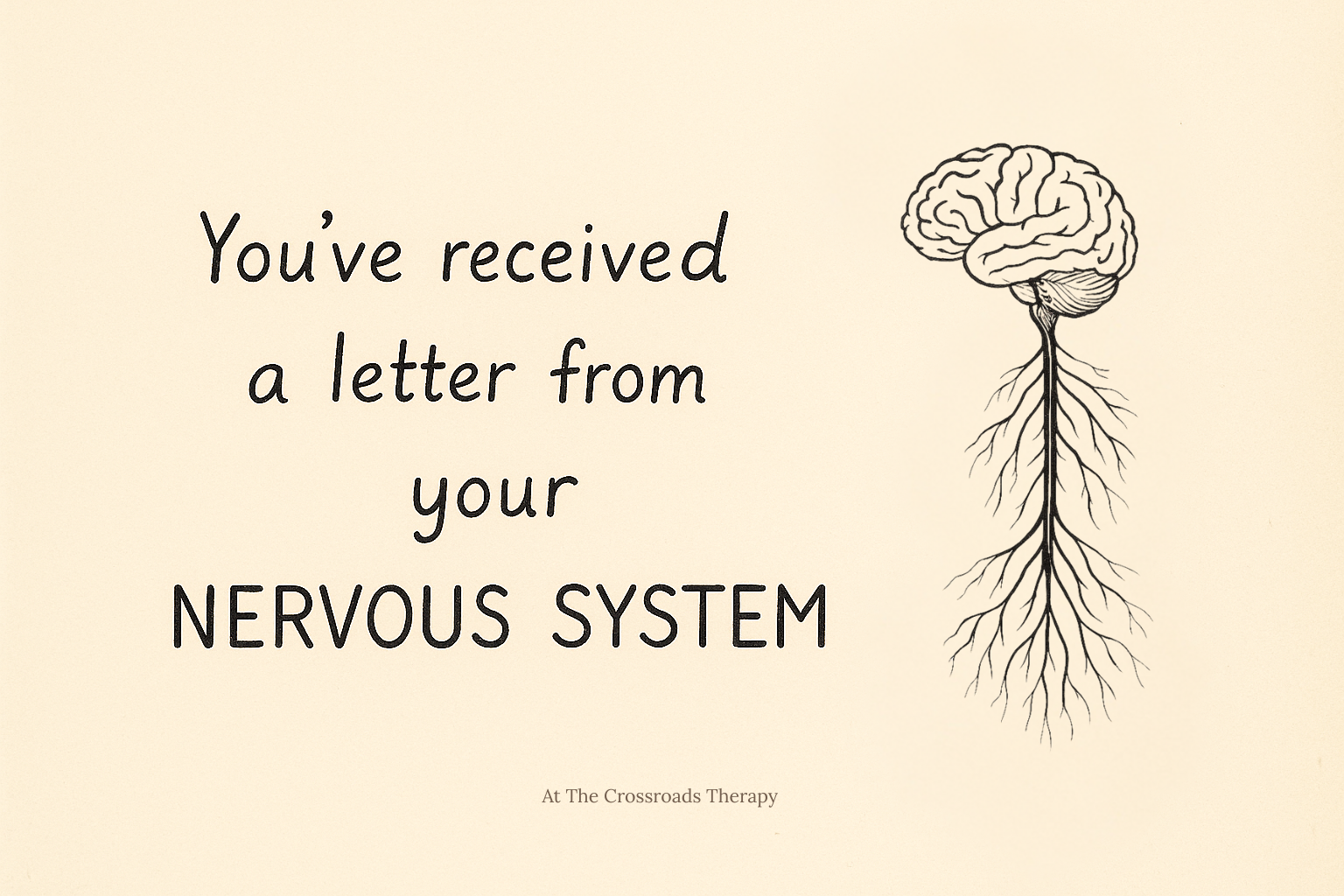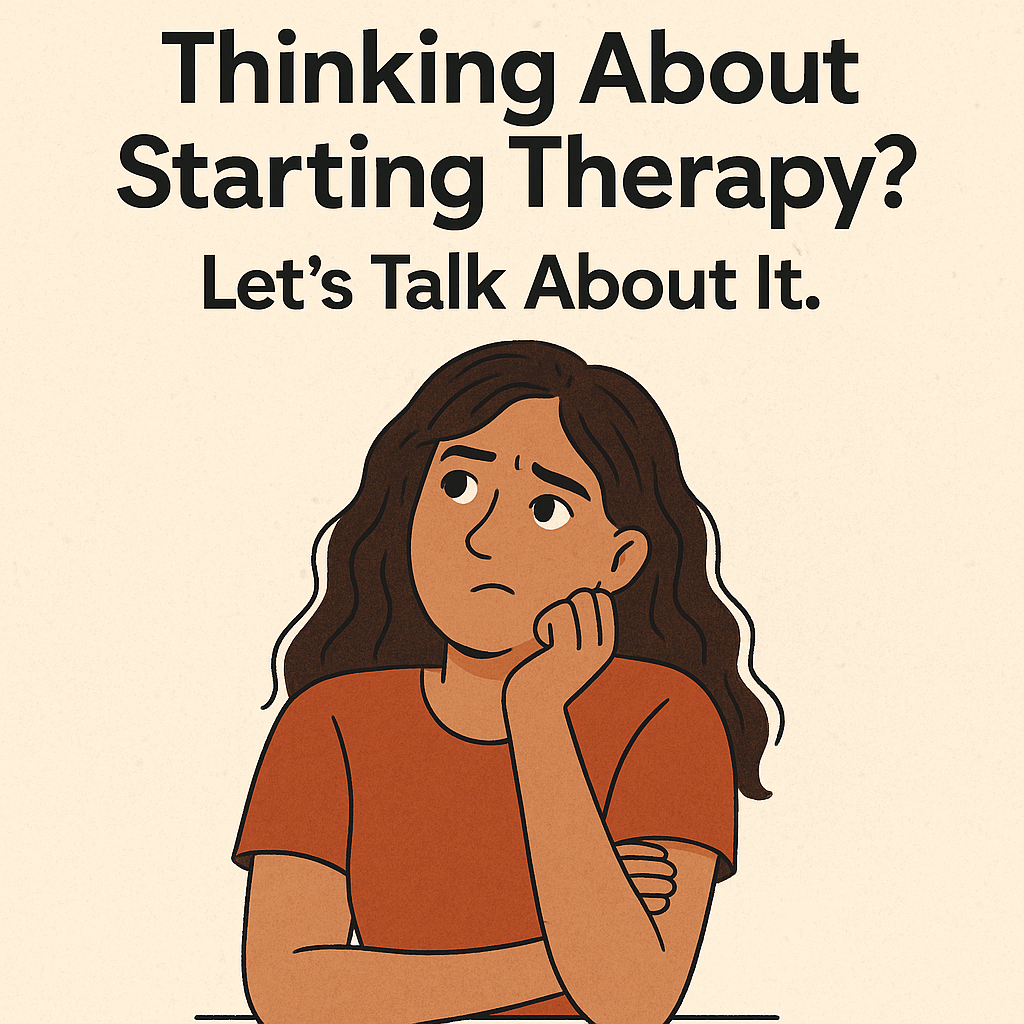Article
Reframing boundaries as acts of care, not disconnection.

Let’s clear something up.
Setting a boundary doesn’t mean you’re being mean, dramatic, or shutting people out.
It actually means you’re building something.
• Something steady
• Something safe
• Something honest
Boundaries are not barriers. They are bridges.
They create clarity in relationships.
They protect energy that’s been stretched too thin.
They help your nervous system feel more at home in your own life.
And they’re not just for other people.
They’re for you too.
Why Boundaries Matter for Nervous System Health
For many of us, especially those navigating trauma or chronic overwhelm, setting boundaries can feel almost impossible or even unsafe.
But boundaries are not a rejection of others.
They are a deep act of care, both for yourself and the relationships you value.
What Boundaries Really Mean
We often think of boundaries as rigid rules or ultimatums.
But in trauma-informed therapy, we explore boundaries as a form of nervous system care.
They are rooted in care, not control.
Real boundaries might sound like:
“I want to stay connected, and I need some space first.”
“I can’t say yes to that, but I care about you.”
“That doesn’t work for me, and I’m still here.”
See the difference?
It’s not about shutting down.
It’s about showing up with more self-respect, more choice, and more emotional sustainability.
Boundaries Make Relationships Safer
When you know where your edges are, others can know too.
That kind of clarity reduces confusion, resentment, and emotional overload.
It creates space for connection that feels mutual rather than draining.
Boundaries are not punishments.
They are invitations to relate more honestly.
In trauma-informed therapy, we also recognize that setting boundaries can feel really difficult.
Especially if you were taught to:
• Stay small
• Keep the peace
• Disappear to stay safe
But here’s what’s true.
You are allowed to take up space.
You are allowed to have needs.
And you are allowed to protect your peace.
What Boundaries Look Like in Trauma-Informed Therapy
At the Crossroads Therapy, we explore boundaries through a nervous system lens.
That means:
• No pressure to get it perfect
• No push toward confrontation
• No shaming for finding it hard
Just small, meaningful steps like:
• Learning what safety actually feels like in your body
• Noticing when you’re overextended or feeling resentful
• Practicing gentle ways to say no
• Exploring the parts of you that feel guilt or fear when you set limits
It’s not about being good at boundaries.
It’s about learning to listen to your body’s cues and trust them.
Boundaries Are a Form of Care
Care for yourself.
Care for your relationships.
Care for your healing.
You don’t need to be tougher.
You don’t need to shut people out.
You need support that helps you stay open in ways that feel safe and honest.
Begin Boundary Work with a Trauma-Informed Therapist
Ready to explore boundaries through a compassionate and nervous-system-informed approach?
We offer telehealth therapy for trauma, addiction, and emotional healing that supports long-term regulation and relational repair.
Work with a therapist who understands that boundaries are not just about saying no.
They are about saying yes to your own nervous system.
Explore therapy that supports your whole self:
🔗 www.atthecrossroadstherapy.com/contact-us












